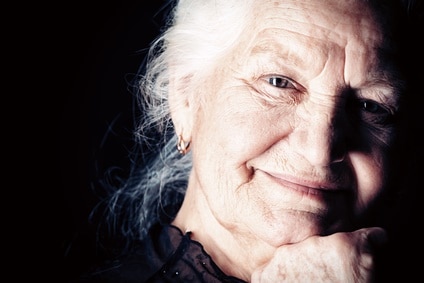Chances are you’re going to live a lot longer. If you’re a man living in the United States, your life expectancy is 76 years. If you’re a woman, it’s 81.
How do you make the rest of your life the very best it can be? How do you make your next year’s truly “golden years”?
Blue Zones are areas of the world where residents live longer, healthier and happier lives. In 2004, teams of scientists discovered that the lifestyles of Blue Zone residents shared nine specific characteristics. They are called the Power 9® Principles.
In 2009 the Blue Zone Project partnered with AARP and the United Health Foundation to apply the Power 9 principles to residents in Albert Lea, Minnesota. The results were stunning: In just one year participants achieved the following:
- Added 2.9 years to their average lifespan
- Reduced healthcare claims for city workers by 49%
If you’d like your next years to be “golden” follow the Power 9 Principles:
- Move naturally. The world’s longest-lived people don’t run marathons, join gyms or pump iron. They live in places where they can walk to the store, to a friend’s house and to church. Their houses have stairs and they have gardens in their yards.
- Know your purpose. Knowing your purpose is worth up to seven years of extra life expectancy. Knowing and using your gifts and strengths is called “living with purpose”. People who have a sense of their gifts and strengths and use them daily have increased well-being.
- Downshift. Stress is associated with every major age-related disease. Although everyone has some stress, the world’s longest-lived people have routines to shed stress. They may take a moment each day to remember people precious to them or to pray, nap or visit with people who make them feel good.
- 80% rule. If you believe marketers, we can eat our way to good health, but that hasn’t worked very well in America. The 80% Rule is a strategy that focuses on removing foods from our diets instead of putting more things in. People in Blue Zones eat their smallest meal in the late afternoon or early evening and don’t eat any more the rest of the day.
- Plant slant. Most people in the Blue Zones consume small amounts of meat on rare occasions, but they eat a rich array of fresh fruits and vegetables. The cornerstone of most centenarian diets is beans. You can also focus on eating nuts – a handful a day can give you an extra two to three years of life expectancy.
- Wine at 5. Wine has been shown to reduce the risk of heart disease, certain cancers, and slow the progression of neurological disorders such as Alzheimer’s and Parkinson’s disease. However, going overboard can negate the effects, so be mindful of your intake. Limit your daily consumption to one glass for women and two glasses for men.
- Right tribe. The world’s longest-lived people are born into or choose to create social circles that support healthy behaviors. Research shows that smoking, obesity, happiness and even loneliness are contagious. Paying attention to who you hang out with will do more to add years to your life than anything else.
- Community. 98% of the centenarians interviewed belonged to some type of faith-based community. It doesn’t matter if you’re Christian, Buddhist, Muslim, Jewish or another religion. What matters is that you attend regularly and truly feel part of a larger group. Research showed that attending faith-based services four times a month will add four to 14 years of life expectancy.
- Loved ones’ first. Happy, healthy centenarians in Blue Zones put their families first. This can take shape in many ways, from keeping aging parents and grandparents near your home, to being in positive, committed relationships. This can add up to six years of life expectancy.
If you’d like to know more about living longer and the Blue Zone project, click HERE.

